
Why Isn’t PM Dahal Quitting Despite Losing the Majority?
The political landscape in Nepal has taken a dramatic turn as the country’s two largest parliamentary parties, the Nepali Congress and CPN-UML, have joined forces to forge a new government alliance. Despite this significant development, Prime Minister Pushpa Kamal Dahal remains steadfast in his refusal to resign, opting instead to face a crucial vote of confidence.
The Dahal-led government recently found itself in a precarious position after the CPN-UML withdrew its support, effectively stripping the administration of its parliamentary majority. In response, both the Nepali Congress and CPN-UML have unequivocally called for Prime Minister Dahal’s resignation to facilitate the smooth transition of power to a new coalition government.
However, Prime Minister Dahal has cited his constitutional prerogative to seek a vote of confidence within 30 days as the basis for his decision to stay in office. Since assuming office on Paush 10, 2079 BS, PM Dahal has already weathered four votes of confidence during his tenure. This time, however, the odds seem stacked against him, with the combined parliamentary strength of the Nepali Congress and CPN-UML totaling 166 seats—a formidable majority that appears poised to vote against him.
Despite mounting pressure, PM Dahal has expressed his intention to address parliament on recent political developments, insisting that his statements be duly recorded. Constitutional experts have weighed in on the matter, asserting that it is within PM Dahal’s rights to seek a vote of confidence within the stipulated timeframe, despite calls from the opposition for immediate resignation.
“There exists no immediate grounds necessitating the PM’s resignation,” remarked constitutional experts. “Given the withdrawal of support by the UML, PM Dahal is entitled to exercise his constitutional right to seek a vote of confidence within 30 days.”
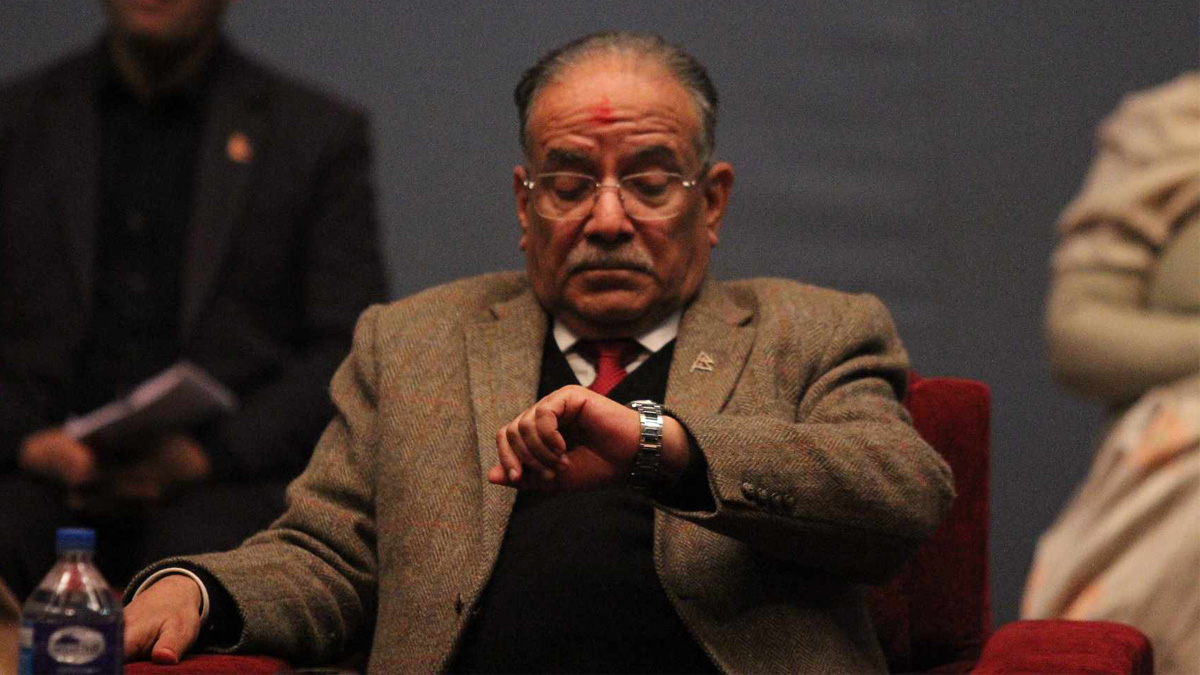


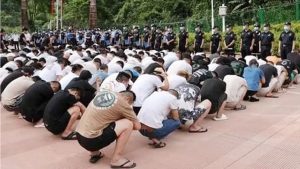
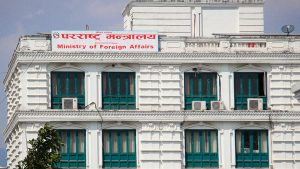
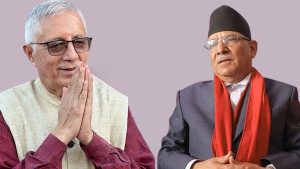

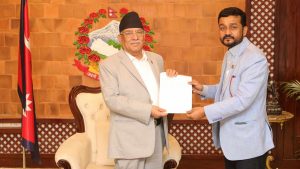
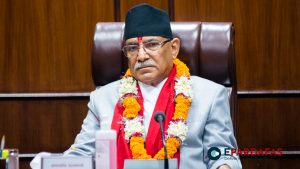






Comments